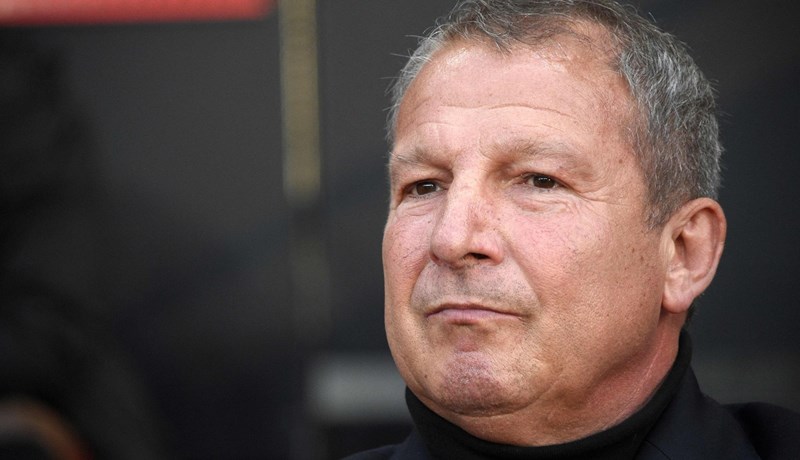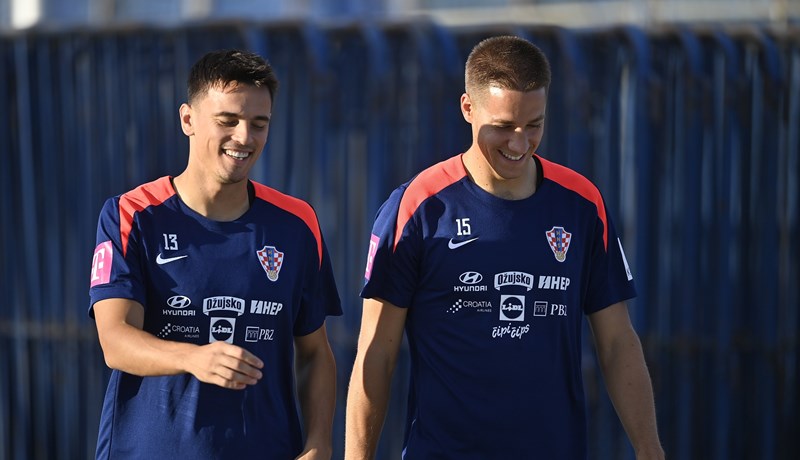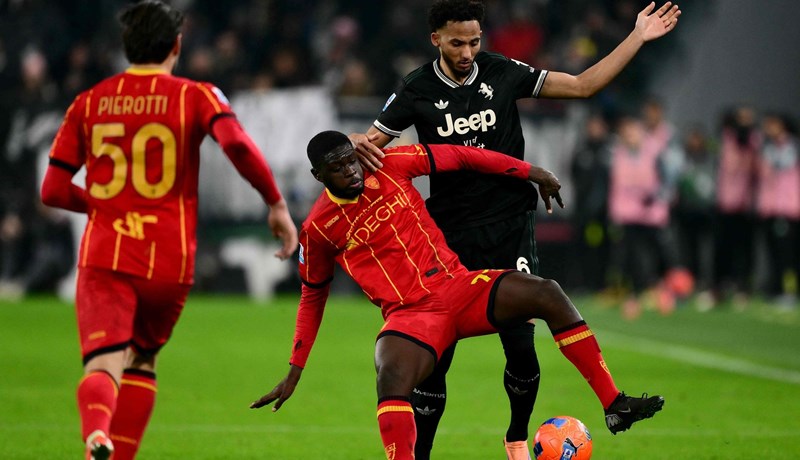Ne zanima me dal je Zvezda bila povlascena (to nikada necemo znati), ne zanima me su u Zvezdi igrali Srbi, Hrvati, Makedonci, Japanci..................
Ono sto me zanima je da mi je Zvezda donela puno radosti.
Kad vas tim bude imao ovakve clanke na UEFA.COM i FIFA.COM javite se.
Koliko vidim na ovim medjunarodno priznatim stranicama nema ni reci o cetnicima, partizanima, DB-u, Rankovicu, Titu........................
Crvena Zvezda spot on
Sunday, 1 January 2006
 e-mail
e-mail Print
Print  Darko Pancev runs to greet his team-mates after converting the winning penalty (©Getty Images)
Darko Pancev runs to greet his team-mates after converting the winning penalty (©Getty Images)
FK Crvena Zvezda 0-0 Olympique de Marseille (Crvena Zvezda won 5-3 on penalties)
It was the perfect script. FK Crvena Zvezda against Olympique de Marseille. The best two teams in the European Champion Clubs' Cup contesting UEFA's 100th final. But a celebration it was not. Both coaches, Ljubko Petrovic and Raymond Goethals, chose defence ahead of the attacking play that had illuminated the competition. And the result was a stalemate where the continent had expected a showpiece, won on penalties by Crvena Zvezda. The paradox, that both sides had fought so admirably to get there.
Three musketeers
Marseille chalked up 13 goals against KS Dinamo Tirana and Lech Poznán before eclipsing Milan AC in the quarter-finals. The lights actually went out towards the end of the second leg at the Vélodrome with the home team leading 1-0 after parity in Milan. This prompted a walk-off by the visitors, which resulted in UEFA awarding the match to Marseille 3-0 and banning the holders from Europe for a year. OM then beat FC Spartak Moskva, conquerors of SSC Napoli and Real Madrid CF, home and away in the last four - the Soviet side unable to deal with the three musketeers, Chris Waddle, Jean-Pierre Papin and Abedi Pelé.
Penalty triumph
The other semi-final was even better. Crvena Zvezda inflicted on FC Bayern München a first home defeat in Europe, 2-1, with breathtaking goals from Darko Pancev and Dejan Savicevic. And though Bayern fought back in Belgrade, a last-minute own goal gave the Yugoslav side the 2-2 draw they needed. Some might say deserved (the vanquished Grasshopper-Club, Rangers FC and 1. FC Dynamo Dresden included). Certainly, the pantheon was theirs for the taking; the pity was they had to go in through the back door.
©uefa.com 1998-2006. All rights reserved.
| Champions through history |
 |
 |
 |
Toyota Cup winners 1991
A brief history…
The Balkans region has produced some wonderful footballers but only once has a team from this southern corner of Europe tasted glory in the continental competitions and that team was Red Star Belgrade – or ‘Crvena zvezda’ as they are known in their home country.
The club from Belgrade, capital of Serbia and Montenegro, began life on 4 March 1945. Founded by members of an anti-fascist association, who chose the red star as their symbol, they were soon adopted as a symbol of Serbia, a sporting institution that remains the country’s most popular to this day. Of the nine million people in the modern-day Serbia and Montenegro, roughly two-thirds support the team from the Marakana.
| FK Crvena zvezda |
| City: Belgrade |
| Founded: 4 March 1945 |
Trophies:
23 national titles, 20 national cups, 1 European Champions Clubs’ Cup, 1 Toyota Cup. |
Legendary players:
Rajko Mitic, Dragoslav Sekularac, Dragan Dzajic, Vladimir Petrovic, Dragan Stojkovic. |
Official website:
www.fc-redstar.net/ |
 Their popularity owes much, of course, to decades of footballing excellence. They fast became one of the former Yugoslavia’s leading sides, competing regularly for titles with neighbours and arch-rivals Partizan, as well as Dinamo Zagreb and Hajduk Split. By the 60s and 70s they began to dominate at home, winning the league eleven times during this period, while also making their mark in Europe. Dragan Dzajic was the leader of this team, who thrilled spectators at home and abroad with their brand of ‘total football’.
Their popularity owes much, of course, to decades of footballing excellence. They fast became one of the former Yugoslavia’s leading sides, competing regularly for titles with neighbours and arch-rivals Partizan, as well as Dinamo Zagreb and Hajduk Split. By the 60s and 70s they began to dominate at home, winning the league eleven times during this period, while also making their mark in Europe. Dragan Dzajic was the leader of this team, who thrilled spectators at home and abroad with their brand of ‘total football’.
Playing in front of 100,000 in their Marakana stadium, they built a proud European tradition, reaching two European Champion Clubs’ Cup semi-finals and a UEFA Cup final. Their first European Cup semi-final came in 1957, where they lost to Fiorentina 1-0 on aggregate, and in 1971 they went even closer in their last-four meeting with Panathinaikos. After beating the Greeks 4-1 at home in the first leg, they went down 3-0 in the return in Athens, thus losing on away goals.
After another near miss, with defeat by Ferencvaros in the 1975 UEFA Cup Winners’ Cup semi-final, they finally got to a major European final in the UEFA Cup in 1979 before going down 2-1 on aggregate to Borussia Monchengladbach. Another 12 years on, however, a dream was fulfilled as in 1991, they defeated Olympique Marseille on penalties to win the European Cup in Bari. That same year, fired by the goals of Darko Pancev, they also captured the league and cup double.
The Match
 Red Star entered the match confident of claiming the intercontinental crown. Since their European Cup success they had lost the services of midfielder Prosinecki but still travelled to Japan with a squad including such talents as Dejan Savicevic, Vladimir Jugovic and Sinisa Mihajlovic. Their supremacy was such that they were still able to win comfortably despite the loss of Savicevic to a red card shortly before half-time. By then they were already a goal up after Savicevic had crossed for Jugovic to score in the 19th minute. Jugovic doubled their advantage after 58 minutes when he struck from close range after Colo Colo keeper Jose Moron could only parry Sinisa Mihajlovic’s shot from distance. Mihajlovic was involved again in the third goal when he sent over a cross and Darko Pancev scored with a right-foot finish from close range with 18 minutes remaining.
Red Star entered the match confident of claiming the intercontinental crown. Since their European Cup success they had lost the services of midfielder Prosinecki but still travelled to Japan with a squad including such talents as Dejan Savicevic, Vladimir Jugovic and Sinisa Mihajlovic. Their supremacy was such that they were still able to win comfortably despite the loss of Savicevic to a red card shortly before half-time. By then they were already a goal up after Savicevic had crossed for Jugovic to score in the 19th minute. Jugovic doubled their advantage after 58 minutes when he struck from close range after Colo Colo keeper Jose Moron could only parry Sinisa Mihajlovic’s shot from distance. Mihajlovic was involved again in the third goal when he sent over a cross and Darko Pancev scored with a right-foot finish from close range with 18 minutes remaining.
The star of the team
As with Savicevic and Mihajlovic, Jugovic went on to enjoy a glittering career in Italy following his Man of the Match performance in Tokyo. A clever, ball-playing midfielder he came off the bench to strike the winning penalty as he won the UEFA Champions League with Juventus in 1996 and picked up a second Toyota Cup winner’s medal later that same year as Juventus beat River Plate. Jugovic subsequently appeared for Yugoslavia at the 1998 FIFA World Cup™ in France.
The coach
Vladimir Popovic was already a legend at Red Star from his days as team captain in the 1960s when he made over 500 appearances for the club, winning four league titles. After ending his playing career in South America he started out as a coach in Venezuela and Colombia before returning home. By the time he replaced European Cup-winning coach Ljupko Petrovic in summer 1991 to begin his second spell in charge of Red Star, he already had 20 years’ coaching experience behind him. He introduced a more attacking style and won the Yugoslavian title in addition to the Toyota Cup in 1991/92 before taking the job of Peru coach. Now 70, his most recent coaching position was in Libya.
| 1991 Toyota Cup |
Red Star Belgrade 3-0 Colo Colo
Attendance: 60,000
Referee: Kurt Rothlisberger (Sui)
Goals:
Jugovic (19 and 58), Pancev (72).
Red Star:
Milojevic, Belodedici, Radinovic, Najdoski, Vasilijevic, Mihajlovic, Stosic, Jugovic, Ratkovic, Savicevic, Pancev.
Colo Colo:
Moron, Garrido, Margas, Miguel Ramirez (Rubio), Salvatierra (Dabrowski), Mendoza, Vilches, Barticciotto, Pizarro, Yanez, Martinez. |
Copyright © 1994 - 2007 FIFA. All rights reserved
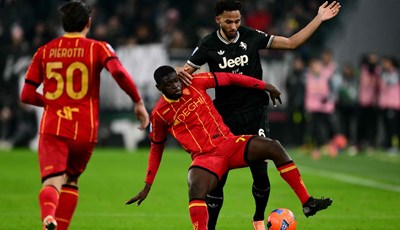
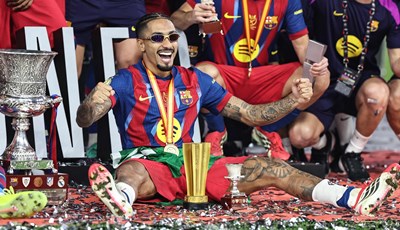
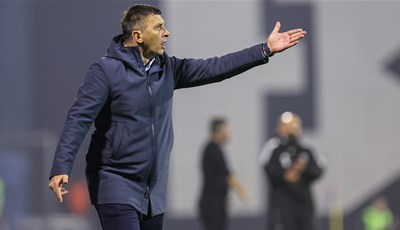
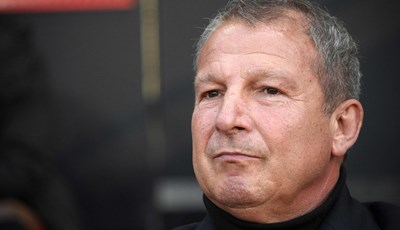
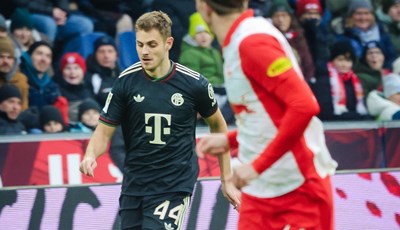

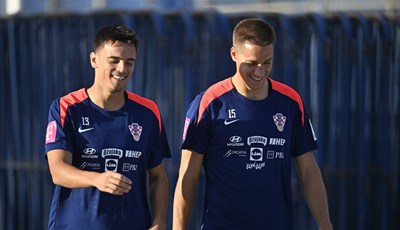
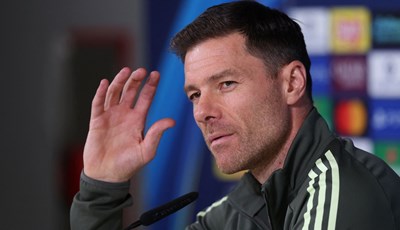

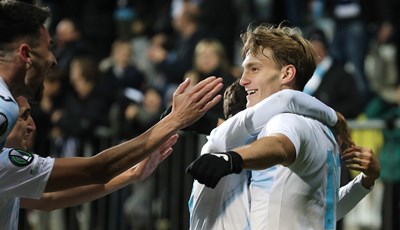
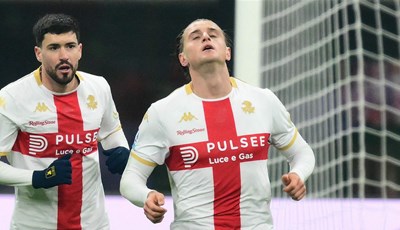
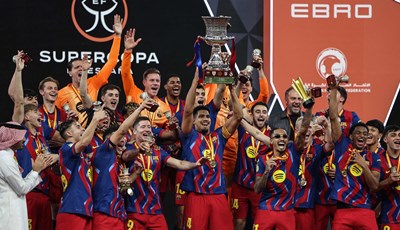

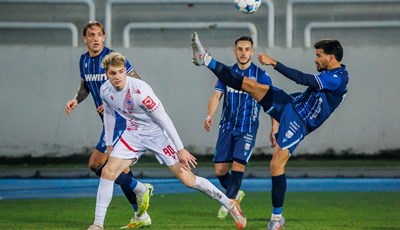








 Their popularity owes much, of course, to decades of footballing excellence. They fast became one of the former Yugoslavia’s leading sides, competing regularly for titles with neighbours and arch-rivals Partizan, as well as Dinamo Zagreb and Hajduk Split. By the 60s and 70s they began to dominate at home, winning the league eleven times during this period, while also making their mark in Europe. Dragan Dzajic was the leader of this team, who thrilled spectators at home and abroad with their brand of ‘total football’.
Their popularity owes much, of course, to decades of footballing excellence. They fast became one of the former Yugoslavia’s leading sides, competing regularly for titles with neighbours and arch-rivals Partizan, as well as Dinamo Zagreb and Hajduk Split. By the 60s and 70s they began to dominate at home, winning the league eleven times during this period, while also making their mark in Europe. Dragan Dzajic was the leader of this team, who thrilled spectators at home and abroad with their brand of ‘total football’. Red Star entered the match confident of claiming the intercontinental crown. Since their European Cup success they had lost the services of midfielder Prosinecki but still travelled to Japan with a squad including such talents as Dejan Savicevic, Vladimir Jugovic and Sinisa Mihajlovic. Their supremacy was such that they were still able to win comfortably despite the loss of Savicevic to a red card shortly before half-time. By then they were already a goal up after Savicevic had crossed for Jugovic to score in the 19th minute. Jugovic doubled their advantage after 58 minutes when he struck from close range after Colo Colo keeper Jose Moron could only parry Sinisa Mihajlovic’s shot from distance. Mihajlovic was involved again in the third goal when he sent over a cross and Darko Pancev scored with a right-foot finish from close range with 18 minutes remaining.
Red Star entered the match confident of claiming the intercontinental crown. Since their European Cup success they had lost the services of midfielder Prosinecki but still travelled to Japan with a squad including such talents as Dejan Savicevic, Vladimir Jugovic and Sinisa Mihajlovic. Their supremacy was such that they were still able to win comfortably despite the loss of Savicevic to a red card shortly before half-time. By then they were already a goal up after Savicevic had crossed for Jugovic to score in the 19th minute. Jugovic doubled their advantage after 58 minutes when he struck from close range after Colo Colo keeper Jose Moron could only parry Sinisa Mihajlovic’s shot from distance. Mihajlovic was involved again in the third goal when he sent over a cross and Darko Pancev scored with a right-foot finish from close range with 18 minutes remaining.